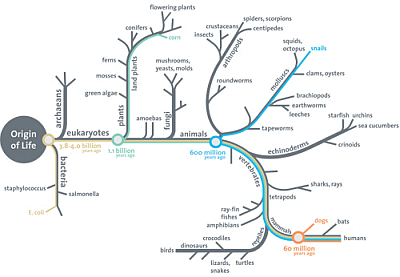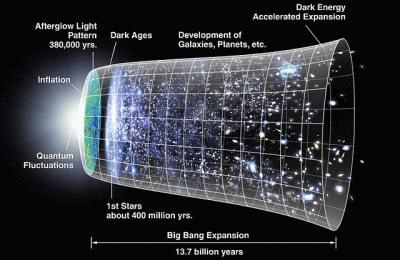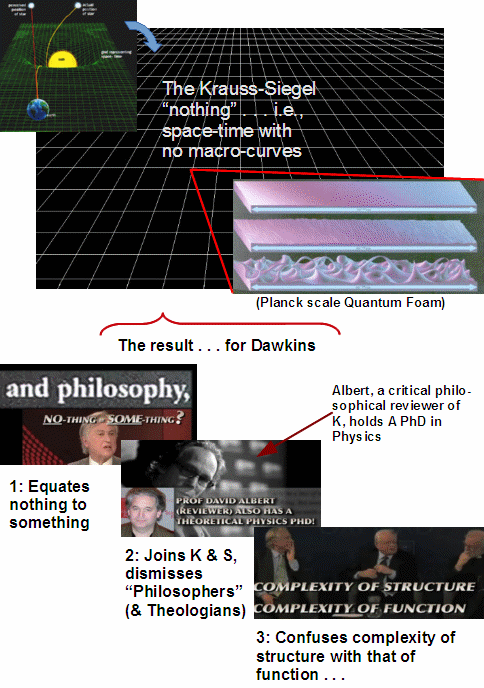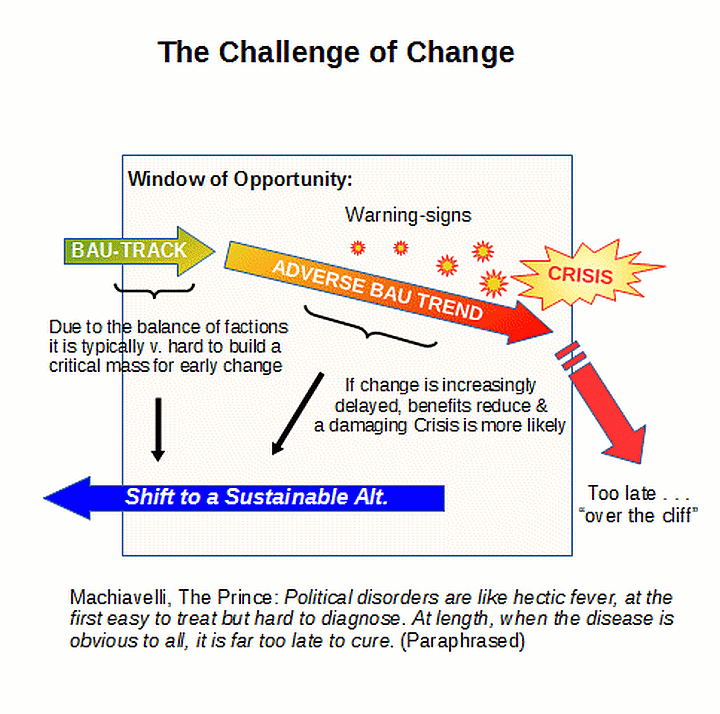As has come up as pivotal in recent discussions here at UD, we must recognise that logic and first principles underlie any serious discussion, including origins science, and in sciences — especially those addressing origins — the issue of chains of cause will be pivotal.
The two are connected, as can be seen by first examining chains of warrant:

Now, Peter D. Klein, in the Oxford Handbook of Skepticism, highlights:
The epistemic regress problem is considered the most crucial in the entire theory of knowledge and it is a major concern for many contemporary epistemologists. However, only two of the three alternative solutions have been developed in any detail, foundationalism and coherentism. Infinitism was not seriously considered as a solution because of the finite-mind objection. [article: “Contemporary Responses to Agrippa’s Trilemma,” OUP 2008.]
That is, once one looks at the logical structure of warrant — it naturally chains, one is led to infinite regress, or circularity at some level, or else one has to terminate in some finitely remote set of first plausibles, defining what I have come to call a faith-point. Notice, it is often perceived as a central problem, and thus as a problem rather than a framework that defines how worldviews have to be structured, leading to the situation that the only viable option is finitely remote first plausibles held in light of comparative difficulties across factual adequacy (covers all material facts), coherence (logical and dynamical) and explanatory power (neither simplistic nor an ever growing ad hoc patchwork).
In effect, we are humbled by our circumstances as contingent, finite, fallible, morally struggling creatures who are far too often stubbornly irrational and ill-willed. So, we can only hope to have a reasonable faith as a worldview sustained on comparative difficulties analysis, not a frame of utterly certain start-point premises.
Similarly, origins science is concerned with causal roots of our cosmos, our world, the world of life, and our own roots. Therefore, we face the reality of chains of cause as well, and thus we see that the implications of successive chaining confront us again. For instance, let us note how the Smithsonian Institution presented a tree of life model a few years past:
The concept here is a branching tree of causal chains, starting from a root, origin of life.
(BTW, this instantly highlights that the attempt to lock away the OOL challenge from attempts to provide a naturalistic account of the world of life fail the test of logic. So, when design thinkers connect the two and insist that both have to be adequately addressed on credible, actually observed capable mechanisms that adequately account for origin of the required functionally specific complex organisation and/or associated information [FSCO/I], starting with copious quantities of coded DNA information, this is a matter of basic logic and prudent warrant for explanations. And the fact remains that the only actually observed capable causal source for FSCO/I is design, a point backed up by the reasoning that underlies the statistical reasoning that undergirds the second law of thermodynamics.)
In short, once we look at origins, we readily see that the logic involved means that causes also come in chains, leading to the simple topological issue, infinite regress vs circularity in the root vs finitely remote ultimate beginning.
Of these, a circular root involving origins is immediately problematic. For, patently, non-being — a true nothing — can have no causal power. So, proposed circular causation would involve action before existence, which is not credible.
Infinite regress in steps, implies the problem of descent from minus infinity to zero:
minus-infinity –> minus (infinity less one) –> minus (infinity less two) –> [and yes, I know this is absurd, that is precisely the point] . . .
– 2, – 1, 0 [origin of our world], +1, + 2, . . .
+ us here today [say at 0-point + 13.7 BY] –> . . .
Though some may argue for it (as they find the alternative quite uncomfortable), it is not credible that anything can traverse the transfinite in successive distinct steps, so this, too is not a reasonable view.
If you differ, kindly give a reasonable and empirically, observationally warranted account: _______________
And yes, I am applying Newton’s Vera Causa premise, that we should use only things observed to have relevant causal capacity to cause the like effect as traces we observe in explanations of things we cannot directly see for ourselves.
(Predictably, there will be none as no one has seen an infinite succession of distinct causal steps traversed.)
This all means that we need to take the cluster of observations that led to the conception of origin of our world through a big bang singularity seriously, e.g.:
That is, on the best science we have available, per observations since the 1920’s, we face a finitely remote distinct origin of our cosmos. There are many multiverse speculative models, but such lack definitive observational warrant. Where, it is particularly to be recognised that a suggested — not actually observed — quantum foam bubbling up sub-cosmi such as ours per fluctuations is not a proper nothing, non-being:
Video (C Richard Dawkins vs Rowan Williams):
Infographic based on clips:
Where does all of this leave us?
We are looking at getting our logic straight in order to think in a logically, epistemologically and dynamically coherent fashion about origins issues, linked science and worldview implications.
Yes, this is about first principles of right reason.
Go amiss there, and all else thereafter will wander off into thickets of error.
The logic of chains of warrant and of causation (thus the triple alternatives) is patent and effectively undeniable on pain of absurdity.
This of course does not prevent the committed, determined objector from trying to divert attention or dismiss what he does not wish to face, or stop him from erecting and knocking over a suitably loaded strawman caricature. But it does highlight what such an objector will be forced to do: cling to absurdities, ill-founded speculations and divert attention by going on the rhetorical attack.
As is so sadly familiar from years of debates in and around UD.
What is the bottom-line?
I: Chains of warrant and those of cause are real and force us to face the three alternatives for roots: infinite regress, circularity, finitely remote start-point.
II: Of these, only the third is a serious option.
III: On warrant this forces us to recognise that warrant for claimed knowledge inevitably embeds worldview foundational issues and sustaining of a reasonable faith on comparative difficulties analysis.
IV: On cause and origins, this points strongly to a finitely remote origin of our world, and to the need to reckon with causal adequacy undergirded by actual observed capability to cause relevant phenomena.
V: For the world of life, that means, we have to reckon with the only known, actually observed capable cause of FSCO/I, i.e. design — intelligently directed configuration. (Indeed, empirically, FSCO/I on a trillion member observational base, is a reliable sign of design, whether or not this sits well with currently favoured, institutionally dominant, evolutionary materialism based origins narratives.)
VI: For cosmological origin, we have clear signs of a finitely remote distinct origin of our observed cosmos, perhaps 13.7 BYA, and of fine-tuning and intricate configuration that supports C-Chemistry, aqueous medium, cell based life, which again puts design on the table as the causal explanation to beat.
In short, Intelligent Design is a logically, dynamically, scientifically and philosophically reasonable view.
Not what one would imagine, on the press it is often given.
But then, mere logic is usually not enough to decide public views on or policy regarding culturally important, ideologically loaded matters.
But, it may well be one of the warning signs that our business as usual path is unsound:
Food for thought. END



